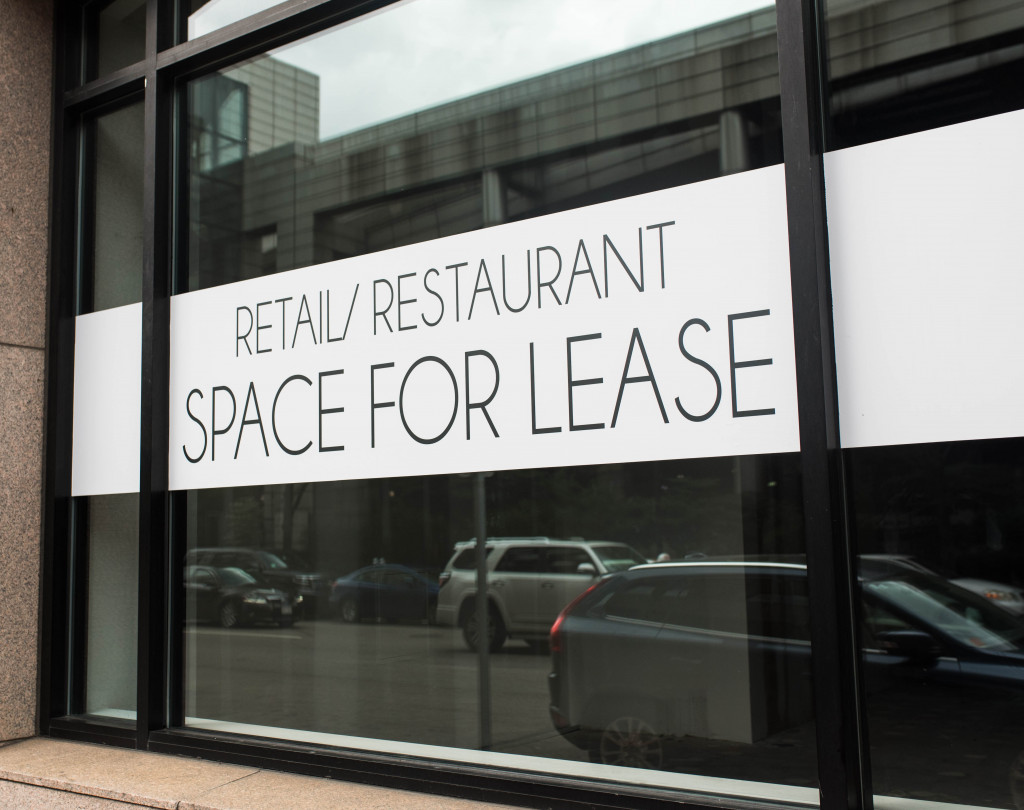Floods are natural disasters that can cause immense damage to commercial business spaces. According to research, storms were the deadliest natural disasters, generating 72% of fatalities. Floods resulted in the most significant economic damages (57%). If your business space is in an area prone to flooding, it’s essential to take preventative measures to protect your property from flood damage. This article provides four tips that you can implement to protect your commercial business space from flooding.
Invest in Flood Insurance
The first step toward protecting your commercial business space from floods is investing in flood insurance. Flood insurance will provide coverage for damages caused by floods and reimburse you for any lost or damaged items in the event of a flood. This type of insurance is critical if your business space is located in a high-risk area, as it can provide financial protection and peace of mind.
It is important to note that flood insurance coverage can vary from policy to policy, so it is essential to understand what your particular policy covers. Generally speaking, however, most policies will cover various damages caused by floodings, such as inundation, erosion of land and stored items, loss of business revenue due to closures or delays, and clean-up costs. It is also important to note that some policies may even cover mold or mildew damage caused by flooding.
It is essential to do your research and understand what your policy covers before you purchase it, as you want to ensure that your building and its contents are properly protected in the event of a flood. Additionally, it is always a good idea to keep an updated inventory of any items in your business space, as this can provide evidence of loss should you need to claim with your insurance provider.
Install Flood Barriers
Another effective way to protect your commercial business space from flooding is by installing flood barriers. Flood barriers are essentially walls that are designed to contain water and keep it away from your property. These walls can be constructed from various materials, including metal, wood, or plastic, and they come in multiple sizes and heights. Installing flood barriers around the perimeter of your building will help to prevent water damage in the event of a flood.
In addition to helping protect your building from floods, flood barriers can help you save time and money in the long run. For example, if flooding does occur, it will be easier and less costly to remove water from your property when there is a wall of protection. Moreover, installing a barrier system can provide you with an extra layer of security for your business. This means that you can restrict entry to your property, and you will be able to monitor who is entering and exiting the premises.
When choosing a flood barrier system for your commercial property, selecting a product explicitly designed for the flooding threat you are trying to protect against is important. For instance, some flood barrier systems are designed for floods caused by heavy rains, while others are designed to protect against tidal waves and other large-scale flooding events. Additionally, it is essential to consider factors such as the size of your property and how much water is likely to be present during a flood before selecting a suitable product.
Elevate Your Property
If your commercial business space is located in a low-lying area, consider elevating your property to help protect it from floods. Elevation involves raising the foundation of your building to a higher level, which helps to keep floodwaters away from the structure. If you live in an area with frequent flooding, elevating your building is one of the most effective ways to protect it from damage.
Elevating your property can be inexpensive. In fact, various approaches can help you keep costs down and ensure that the process is completed correctly. For example, many local municipalities will offer financial assistance for elevation projects in areas prone to flooding. Additionally, contractors may be willing to work with you on a cost-effective solution that meets your needs.
Before you begin the elevation process, assessing your property is important and determining what elevation system will work best for you. This could include installing floodwalls or levees around the perimeter, constructing berms or raised foundations and floors, or other methods depending on your needs. Additionally, you must check with the local zoning authorities for any restrictions or rules regarding elevation projects in your area.
Have an Emergency Plan
Finally, it’s important to have an emergency plan in place in the event of a flood. This plan should include evacuating the property, identifying potential hazards, and notifying local authorities if necessary. It’s also essential to ensure that your employees are aware of your flood preparedness plan and trained on how to respond appropriately in the event of a flood.
In order to make sure your emergency plan is comprehensive and up-to-date, it’s important to partner with a commercial company specializing in water damage. They can assist you in creating an effective disaster plan that addresses all potential risks associated with flooding. Additionally, they can provide guidance on best practices for preserving items after a flood has occurred, minimizing the risk of further damage. They can also assist with filing claims and provide helpful information on how to use your insurance coverage in the event of a flood.
It’s also important to ensure that your property is equipped with the right flood-related equipment. This includes having sandbags, pumps, and other tools on hand that you could use to divert water from entering the building. Generators should also be available in case of a power outage due to flooding. It’s also essential to inventory all necessary documents that could be destroyed in a flood event, such as contracts and financial statements.
To Wrap It Up
Taking the necessary steps to protect your commercial business space from floods is essential. By following the four tips mentioned above, you can minimize the risk of damage and disruption that could be caused by flooding. With the proper preparation and tools in place, your business will be better prepared to respond to any flood-related emergencies that may arise.








